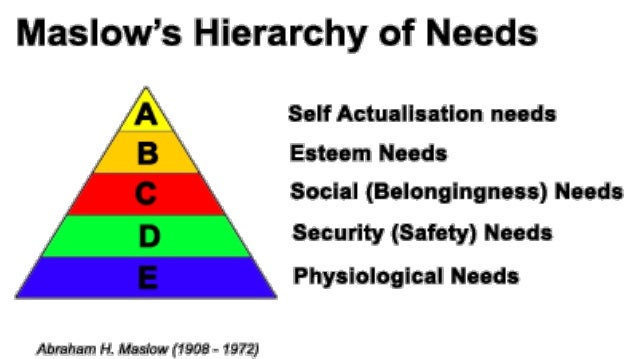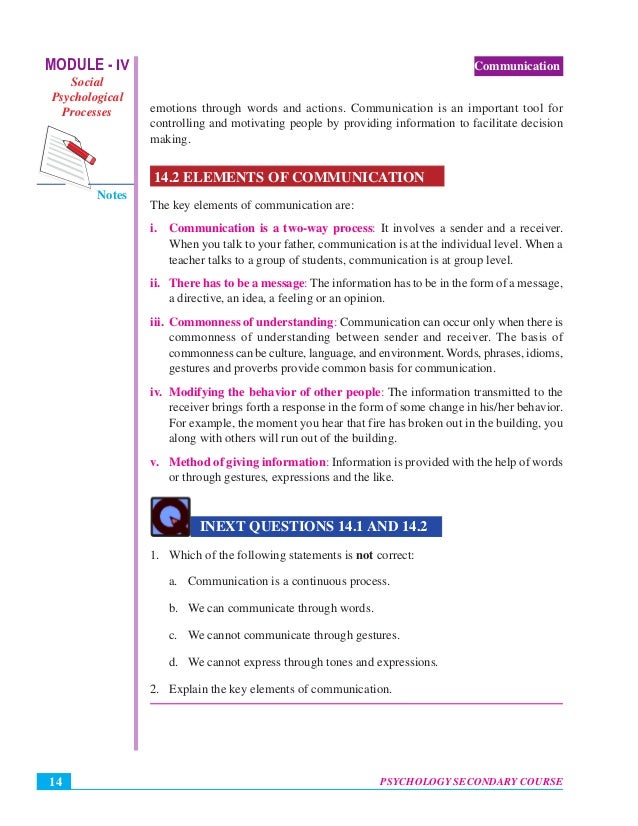


For the development of language the symbolic function is required, that is, the ability to represent ideas through symbols and understand them, if they were created by other people. Language is a fundamental psychological process because it facilitates other cognitive and media functions in many types of learning. Selective attention is the ability to focus on a single stimulus, the sustained is to pay attention for a prolonged period of time and the divided allows alternating the focus of attention between various stimuli. is defined as the ability to focus cognitive resources on certain stimuli, and is mediated by alert processes and by perception.Īmong the types of attention that we could consider superior psychological processes It is worth highlighting the selective attention, the sustained and the divided.
Related article: "Apraxia: causes, symptoms and treatment"Īttention can be considered a basic or superior mental process depending on the complexity of the task and whether there is voluntary control. Praxias are divided into three types: visuoconstructive (using different elements to create a set, such as a drawing), ideomotor or ideomotor (recognizing and carrying out simple gestures, for example waving by hand) and ideational or ideative (using a sequence of movements with a concrete meaning). Disorders in these functions are called "apraxias." When we execute a motor behavior under voluntary control In order to reach a goal we are carrying out a praxis, generally learned motor programs. On the other hand, there are also complex gnosias, which combine the information of the senses with other brain functions, giving rise to the perception of one's own body or visuospatial orientation. It depends on the memory and the senses, so we can talk about visual, auditory, olfactory, gustatory or tactile gnosies these are simple gnosias, by which we give direct meaning to external stimulation. Gnosis is defined as the ability to recognize and give meaning to what we perceive. There is no clear consensus about the number of higher psychological processes that exist, although they are usually included in this concept at least the gnosias, the praxias, the language and the executive functions, like reasoning and inhibition we will treat the latter separately. Related article: "Wild children: childhoods without contact with humanity". As the name suggests, these regions integrate information from the rest of the brain, allowing processes of great complexity such as language or reasoning. In the field of neuropsychology we speak of superior psychological processes to refer to the brain functions that depend on the areas of integration of the cortex. 
The concept of the higher psychological process is widely used today, especially in cognitive psychology and neurosciences, although the definition is not always equivalent to that of Vygotsky. This type of processes basically includes attention, perception and memory. In the opposite way, the basic or elementary psychological processes They are shared by many species of animals and are present in people from birth. They are mediated by symbols and emerge from social interaction, as well as a natural consequence of brain development. What are the higher psychological processes?Īccording to Lev Vygotsky, higher mental processes are human psychological systems that develop from more basic, shared with animals.
Related article: "The model of the 3 brains: reptilian, limbic and neocortex". These and other voluntary and controlled functions have allowed us to dominate the planet and explain much of the complexity that characterizes our societies.īut, What exactly do the higher cognitive functions consist of? In this article you will find the description of the main psychological processes and the definition of this concept. Higher psychological processes, such as language or reasoning, are involved in the capabilities that distinguish people from other animals.







 0 kommentar(er)
0 kommentar(er)
